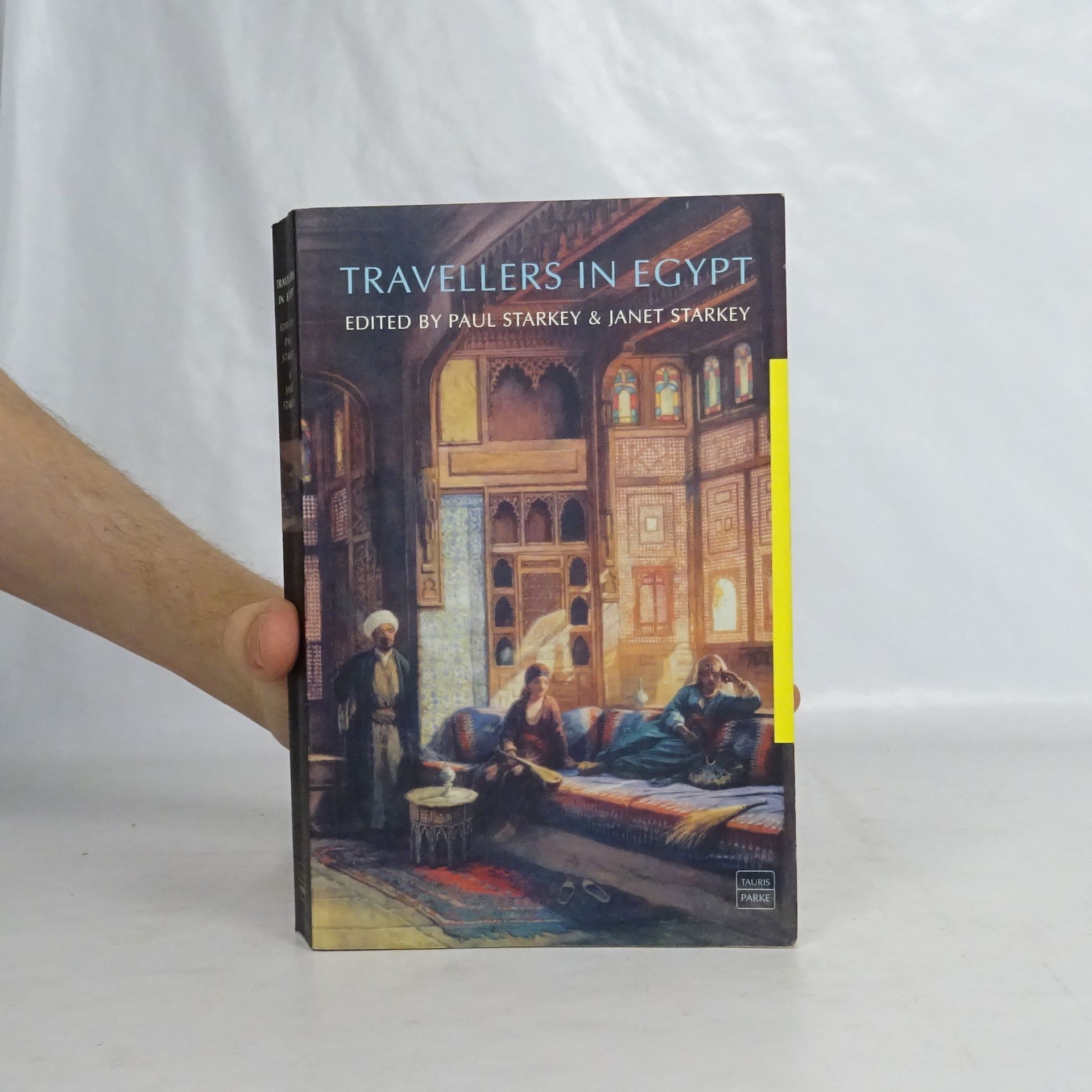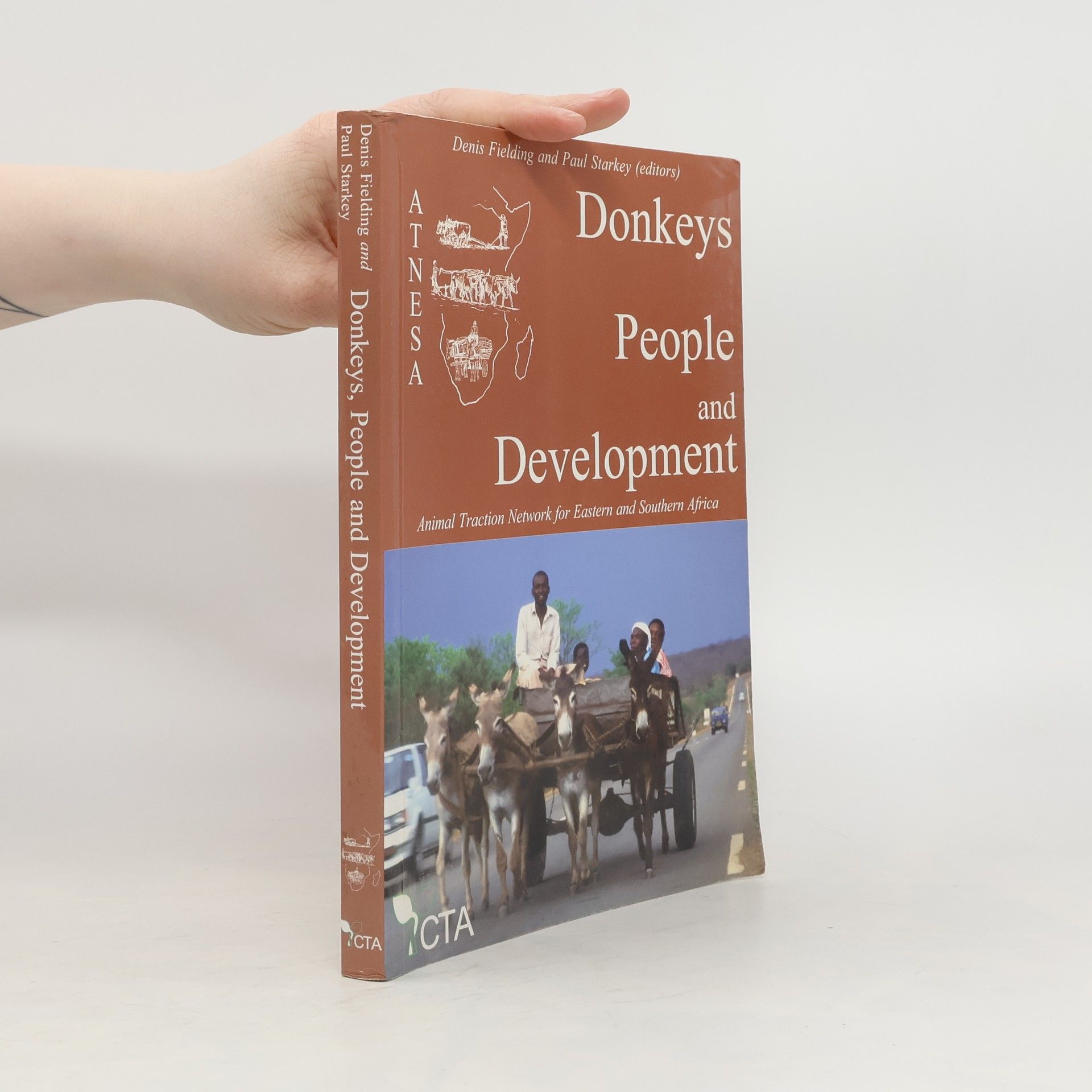Donkeys, People and Development
- 248 pages
- 9 hours of reading
Paul Starkey is a distinguished British scholar and translator, renowned for his deep engagement with Arabic literature, particularly the influential Egyptian writers of the 1960s. His scholarly contributions extend to authoritative surveys of the field, alongside numerous essays and monographs that illuminate contemporary Arabic letters. As a prolific translator, Starkey bridges cultural divides, bringing compelling modern Arabic novels to a global readership. His dedicated work significantly shapes the understanding and appreciation of Arabic literary traditions.


The urge of 19th-century travelers to write down and record their experiences of Egypt has provided material of great interest and value. This large and varied collection of accounts will appeal not only to the specialist investigating the European rediscovery of ancient Egypt but also the general reader concerned with Western perceptions of the Orient. Its themes range from the contribution made to Egyptology by early travelers and the study of Egyptian society and its artistic, architectural, and literary heritage to the history and culture of European travel in the Middle East. Travellers in Egypt concludes with an examination of European influences on Egypt and a reminder that travel across the Mediterranean in the 19th century was not all from West to East.